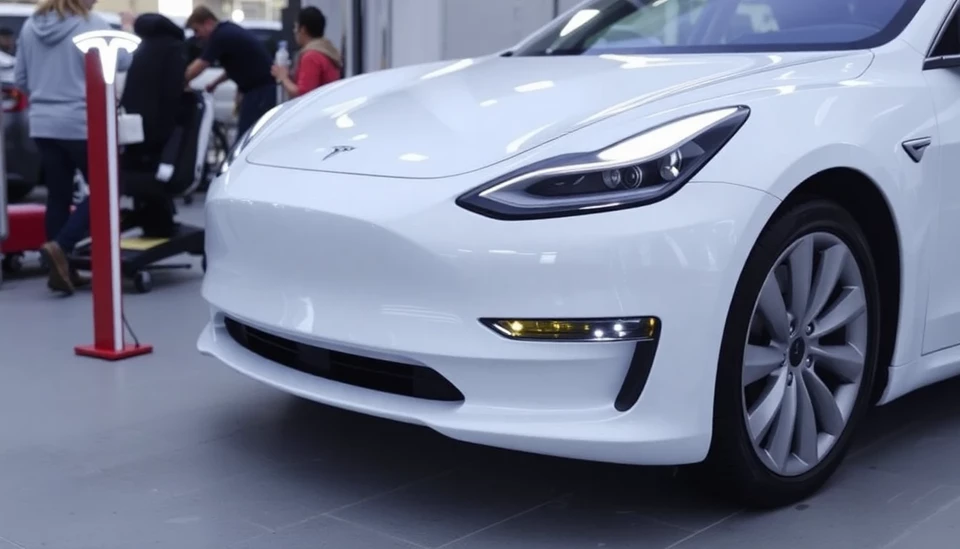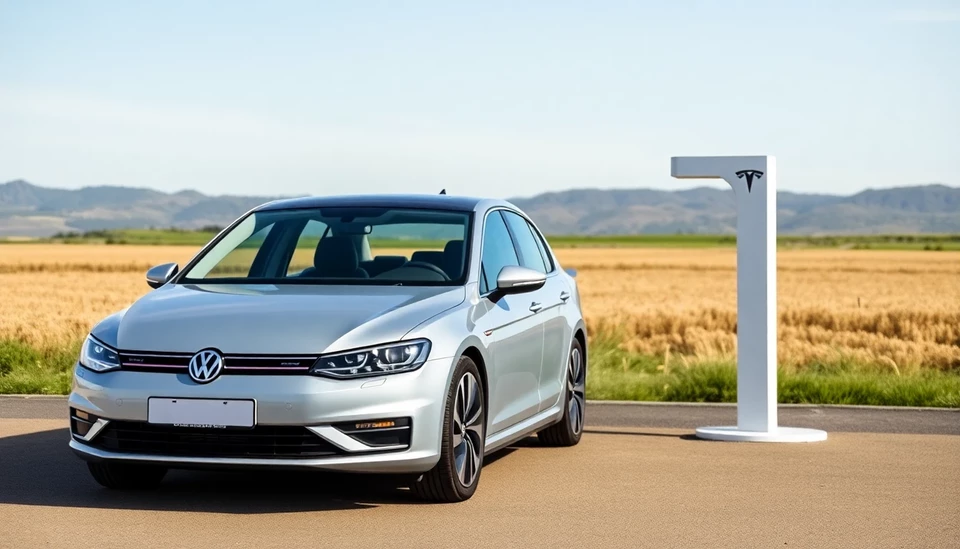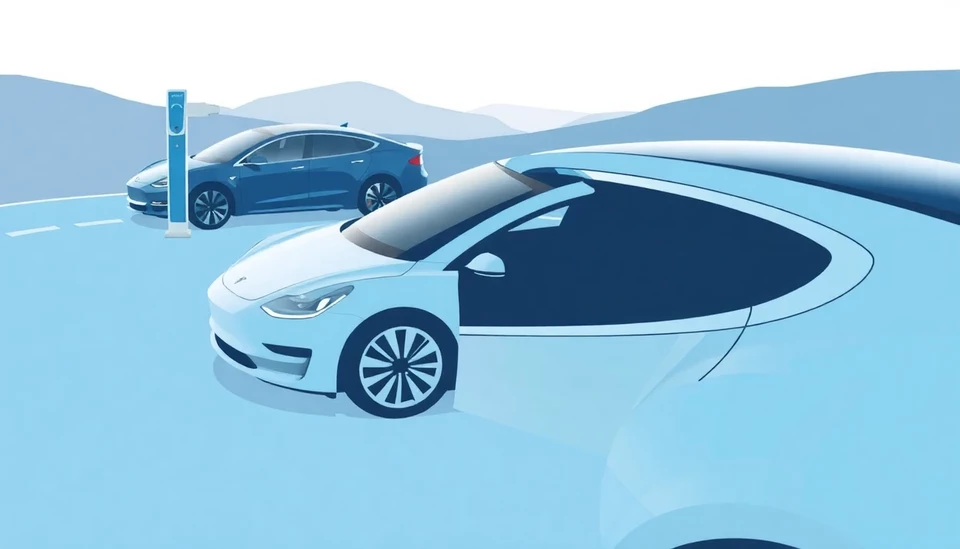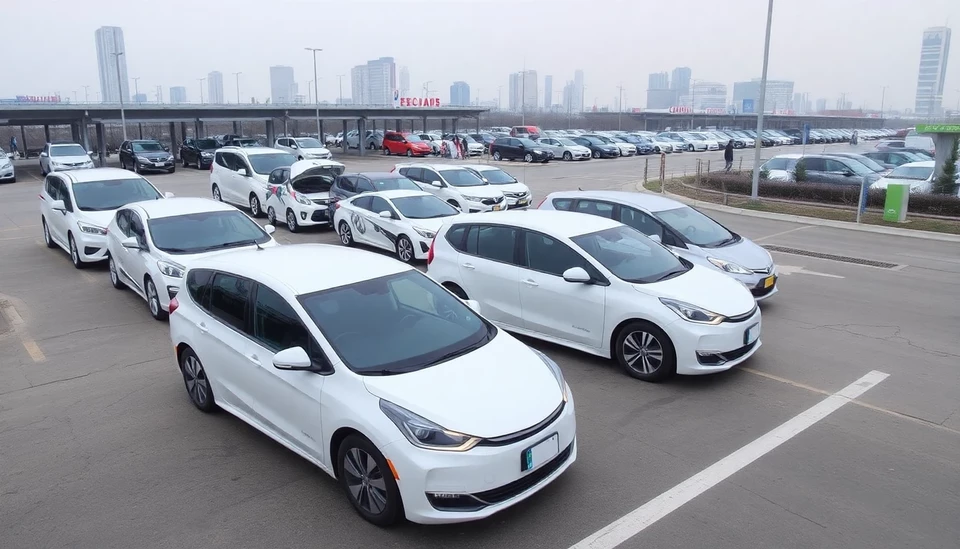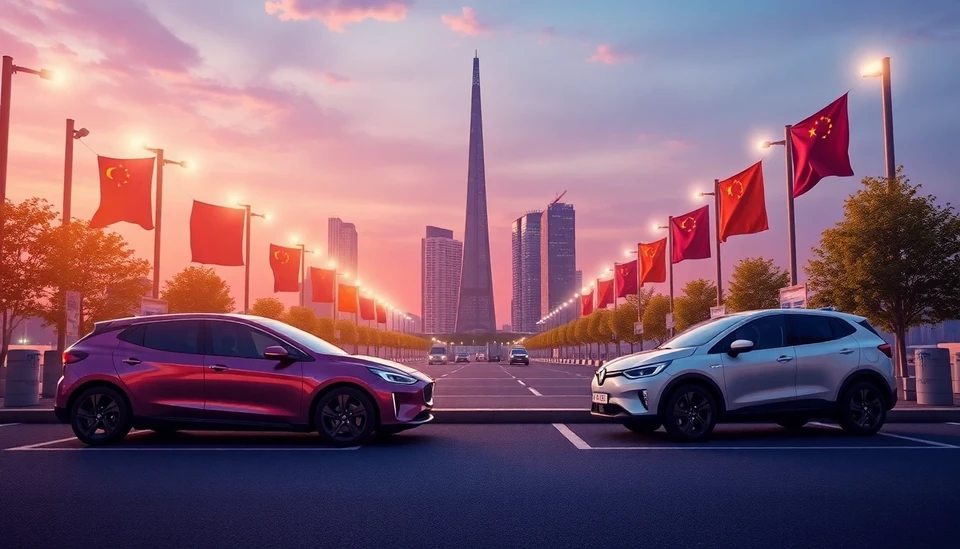
The European Union has officially initiated new tariffs on electric vehicles (EVs) imported from China, marking a significant turning point in international trade relations within the automotive sector. This decision arises from ongoing concerns regarding unfair competition and the growing dominance of Chinese manufacturers in the burgeoning EV market. Analysts believe that this move could reshape the landscape, fostering a more balanced competitive environment in Europe.
As part of the new trade regulations set to take effect in early 2024, the EU will impose substantial duties on a range of Chinese-made electric vehicles. The tariffs will start at a base rate of 10%, with some models potentially seeing rates climb to as high as 30% depending on the price and other factors. This aggressive approach aims to protect European manufacturers from what EU officials describe as "dumping" practices by Chinese companies, who have been able to undercut local prices significantly.
This shift comes after extensive investigations that revealed major Chinese EV producers, backed by state subsidies, were significantly lowering their prices to gain market share in Europe. Many European car manufacturers have expressed growing concerns that these practices could threaten their survival, especially as the EU aims to pivot towards a greener economy with an increased emphasis on electric mobility.
In response to the impending tariffs, several Chinese carmakers have already started reassessing their strategies regarding the European market. The tariffs are expected to add considerable costs to the importation of these vehicles, pushing manufacturers to potentially shift production to more localized factories in Europe to mitigate the impact of the trade barriers. Some analysts predict that this could lead to a diversification of the supply chain, as companies look to produce EVs closer to the consumer base.
The ramifications of this policy shift extend beyond just the automotive industry. European leaders have indicated this is part of a broader strategy to enhance the competitiveness of European manufacturing across various sectors, not limited to just EVs. The tariffs are hoped to incentivize investments in local manufacturing and innovation, aligning with the EU's climate goals and its aim to be a global leader in sustainable transportation.
While the new tariffs promise to bolster local industries, they may also lead to increased costs for consumers, who could face higher prices for these vehicles. This is particularly significant in an automotive market that is already experiencing fluctuations in pricing due to supply chain disruptions and economic uncertainties. Consumers may find themselves with fewer affordable options as manufacturers navigate the new tariffs.
Trade relations between the EU and China have been tense, and these tariffs could exacerbate existing conflicts. Critics of the tariff policy argue that it may lead to retaliation from China, which could impact other sectors of the economy. The EU has emphasized that this approach is not an outright rejection of Chinese EV imports but a necessary response aimed at creating a fair competitive landscape.
As the automotive industry continues to evolve with the shift towards electric vehicles, these tariffs may play a crucial role in shaping future trade agreements and relationships between the EU and China. This situation remains dynamic, and further developments are anticipated as both sides navigate this complex landscape of trade, competition, and regulatory frameworks.
In conclusion, the EU's decision to impose tariffs on Chinese electric vehicles is a bold move that highlights the increasing complexity of global trade. As the EU seeks to protect its domestic industries, the balance between fair competition and consumer choice will undoubtedly be a contentious point in the months to come.
#EVs #EU #China #Tariffs #ElectricVehicles #TradeRelations #AutomotiveIndustry #GlobalTrade #Sustainability
Author: Rachel Greene
